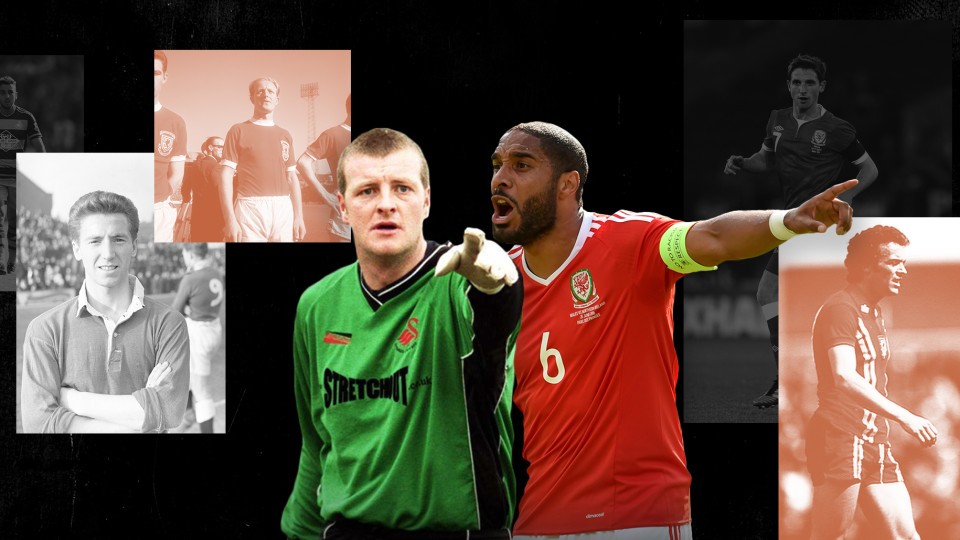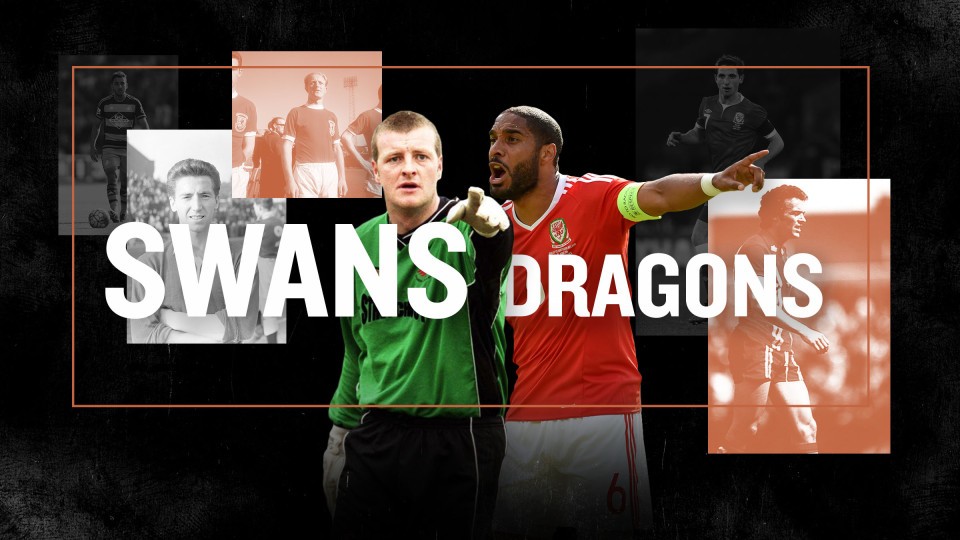Swans and Dragons: Jack Warner
In a regular website feature, we look back at former Swansea City players who have also turned out for Wales at full international level.
Born in Trelaw on September 21, 1911, John ‘Jack’ Warner was a mainstay in the Swansea Town team between 1934 and 1938, prior to a move to this evening’s opponents, Manchester United.
The Swans and Red Devils were regular opponents in the old Second Division during the 1930s, giving the Manchester club regular opportunities to see the young wing-half in action.
In his first full season with the Swans, Warner started in an impressive 4-1 victory over Stoke City in the FA Cup third round at Vetch Field in January 1935.
The Potters finished 10th in the old First Division that campaign while the Swans ended up 17th in Division Two, which emphasises how significant a cup upset Neil Harris’ side had pulled off.
In 1936, Warner was called up by Wales for the first time, making his senior debut for the Dragons in their 2-1 victory over England at Ninian Park.
Ernest Glover and Seymour Morris scored for the home side, who were cheered on by a crowd of 44,729, while Cliff Bastin struck for England.

Warner (above) played alongside Pat Glover and Leslie Jones, who both turned out for the Swans during their career.
In June 1938, Warner moved to United having made 135 league appearances for the Swans during his time at the Vetch.
He made his debut for the Red Devils in a 2-0 victory over Aston Villa at Old Trafford in November 1938.
United were in their first season back in the top flight having gained promotion by finishing second in Division Two in 1937-38.
Warner’s second appearance for Wales came in a 2-1 defeat to France in Paris in May 1939.
Jules Bigot and Desire Koranyi’s early goals gave the French a 2-0 half-time lead, while Dai Astley got a consolation for the Dragons after half-time in front of a crowd of 23,000 at the Stade De Colombes.
The outbreak of World War II in September 1939 halted Warner’s career at its peak – he was 27 when France and Britain declared war on Germany.
Warner featured for United in numerous War League North matches and his first goal for the club came in a 1-0 victory at Burnley in October 1940.
He would have to wait until March 1947 for his first strike in the Football League, though.

On that occasion he netted in United’s 3-0 victory over Everton in a ‘home’ game played at Maine Road, as Old Trafford was being rebuilt after sustaining bomb damage during the years of conflict.
A year earlier, Warner made his third and final appearance for Wales in Cardiff in a 1-0 defeat to Ireland.
While fighting during World War II ended in Europe on May 8, 1945 and in the Pacific on September 2, 1945, this fixture was still considered a wartime match and not included in the player’s list of official caps.
Warner scored the second of his two goals for United – which came in 116 appearances – in a 3-0 victory at home to Charlton Athletic in the fifth round of the FA Cup in February 1948.
Sir Matt Busby’s team went on to beat Blackpool 4-2 in the final of the competition that year, though Warner was not included in the team for that showpiece match.
Warner’s last appearance for the Manchester club came in a 2-1 defeat at Newcastle United towards the end of the 1949-50 season, a campaign in which Busby’s team finished fourth in Division One.
At that time, he was the oldest player ever to have turned out for United post-war at 38 years and 213 days old.

His club record has since been surpassed by a number of players including Raimond van der Gouw, Paul Scholes, Edwin van der Sar and fellow Welshman Ryan Giggs.
Warner moved to Oldham Athletic in the summer of 1951 and then Rochdale a year later.
He retired from playing in 1952 to take up the managerial position at Rochdale for the 1952-53 season. He passed away on October 4, 1980 at the age of 69.

